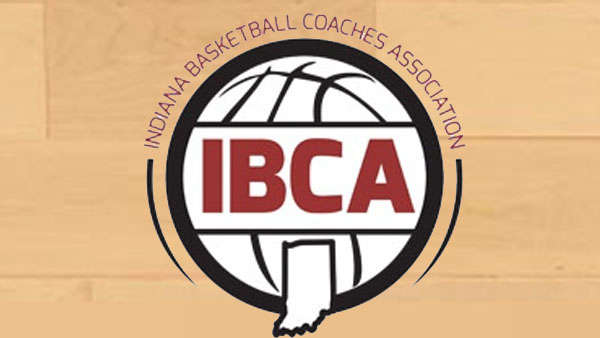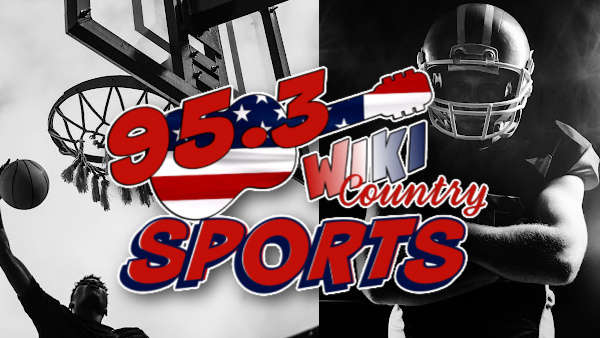
Indiana has potential to draw $6 billion in annual bets if all goes right
Indiana’s legal sports betting market could become one of the largest in the country, generating billions of dollars in bets annually and millions in tax revenue for the state for years to come, according to analysts from PlayIndiana.com.
On Thursday, Indiana will become the seventh state to allow the launch of legal online sports betting, but few of its predecessors have had as much potential as a sports betting market. Already with 13 retail sportsbooks, the addition of online sports betting to Indiana could mean that the state’s best-case scenario is to generate nearly $400 million in annual revenue from a handle of close to $6 billion if neighboring states such as Ohio and Kentucky do not legalize sports betting.
“Indiana’s close proximity to Chicago, as well as other relatively large markets such as Cincinnati and Louisville, should help the state punch above its weight class,” said Dustin Gouker, lead analyst for PlayIndiana.com. “As long as Indiana’s neighbors continue to prohibit sports betting, the state should expect huge flows of drive-in traffic.”
The two largest legal sports betting markets in the country enjoy a similar dynamic. Nevada has long relied on drive-in traffic from California to fill its sportsbooks. And New York helps fuel New Jersey’s sports betting industry, which has accepted $3.8 billion in bets since launching in June 2018.
“Indiana most closely resembles New Jersey, where the New York City market sits just across its border, helping to propel the Garden State into a neck and neck race with Nevada,” Gouker said. “If everything goes right for Indiana, it could see remarkable growth, as was the case in New Jersey.”
Such growth would be a boost to Indiana’s state budget. With a tax rate of 9.5%, $400 million in gross revenue for the sportsbooks would inject $38 million into state coffers.
Indiana’s 9.5% rate could also make it more attractive to operators.
By comparison, Pennsylvania levies a 36% rate, the highest in the nation. New Jersey levies a 9.75% tax on revenue from retail sportsbooks and 13% on online sports betting revenue.
“Indiana has set itself up as one of the most operator-friendly legal sports betting markets in the country,” said Kim Yuhl, analyst for PlayIndiana.com. “That balance should help both sportsbook operators and the state realize their revenue potential.”
For more information and analysis on regulated sports betting in Indiana, visit PlayIndiana.com/news.

 Hanover Man Receives Lengthy Sentence For Trafficking Fentanyl
Hanover Man Receives Lengthy Sentence For Trafficking Fentanyl
 General Motors sold Hoosier drivers on using OnStar then sold their data to raise rates
General Motors sold Hoosier drivers on using OnStar then sold their data to raise rates
 Kentucky State Police Investigates Trooper-Involved Shooting in Gallatin County
Kentucky State Police Investigates Trooper-Involved Shooting in Gallatin County





